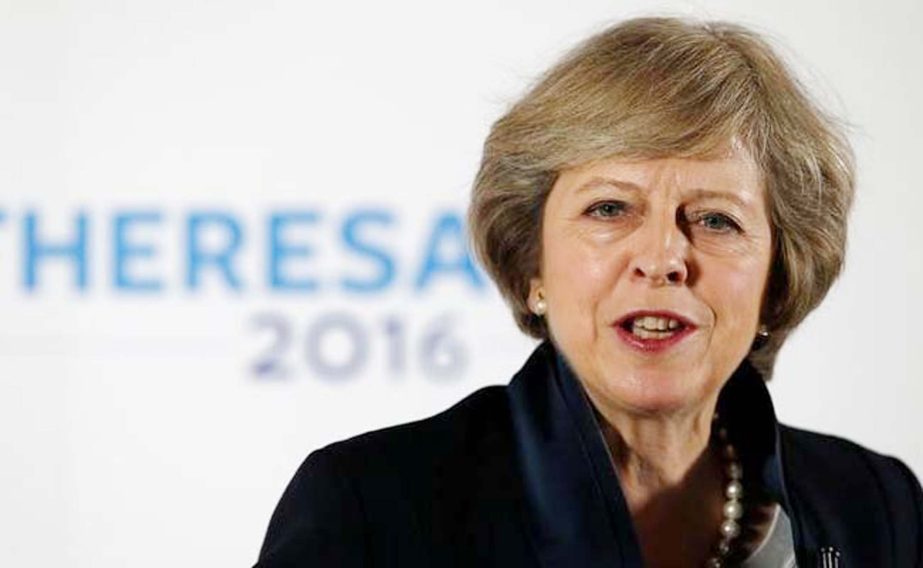
Reuters, London :
The British government on Wednesday pledged to share information with Scotland, Wales and Northern Ireland as it tries to put together a common negotiating position for leaving the European Union while holding together a fraying United Kingdom.
The commitment targets the Scottish government in particular although all the devolved governments want a say in shaping the country’s future ties with the EU after Britain voted to leave the bloc on June 23.
Prime Minster Theresa May wants to kick off a two-year exit negotiation by the end of March, setting in motion an unprecedented withdrawal from Britain’s biggest trading partner.
Brexit minister David Davis will meet with counterparts from the United Kingdom’s constituent nations in London later, and offer to share analysis on big issues and invite contributions that will help form the government’s negotiating position.
“I want to ensure the free and trusted flow of important information between all parties involved,” Davis said in a statement.
“So we are asking the devolved administrations to bring us their analysis that will help shape our priorities for the negotiation with the EU, and we will share our latest thinking.”
The statement did not specify what kind of analysis the government was willing to share, or what they were seeking from others. Davis will outline how “key sectors” will play an important part in Brexit negotiations, it said.
Although 52 percent of Britons voted to leave the EU, a 62-percent majority in Scotland voted to remain, straining the three-centuries old union between London and Edinburgh. Wales, like England, voted to leave and Northern Ireland voted to stay.
On Tuesday, Scotland said it would throw its weight behind campaigners trying to force the British government to seek parliamentary approval to start the Brexit process.
The British government on Wednesday pledged to share information with Scotland, Wales and Northern Ireland as it tries to put together a common negotiating position for leaving the European Union while holding together a fraying United Kingdom.
The commitment targets the Scottish government in particular although all the devolved governments want a say in shaping the country’s future ties with the EU after Britain voted to leave the bloc on June 23.
Prime Minster Theresa May wants to kick off a two-year exit negotiation by the end of March, setting in motion an unprecedented withdrawal from Britain’s biggest trading partner.
Brexit minister David Davis will meet with counterparts from the United Kingdom’s constituent nations in London later, and offer to share analysis on big issues and invite contributions that will help form the government’s negotiating position.
“I want to ensure the free and trusted flow of important information between all parties involved,” Davis said in a statement.
“So we are asking the devolved administrations to bring us their analysis that will help shape our priorities for the negotiation with the EU, and we will share our latest thinking.”
The statement did not specify what kind of analysis the government was willing to share, or what they were seeking from others. Davis will outline how “key sectors” will play an important part in Brexit negotiations, it said.
Although 52 percent of Britons voted to leave the EU, a 62-percent majority in Scotland voted to remain, straining the three-centuries old union between London and Edinburgh. Wales, like England, voted to leave and Northern Ireland voted to stay.
On Tuesday, Scotland said it would throw its weight behind campaigners trying to force the British government to seek parliamentary approval to start the Brexit process.

